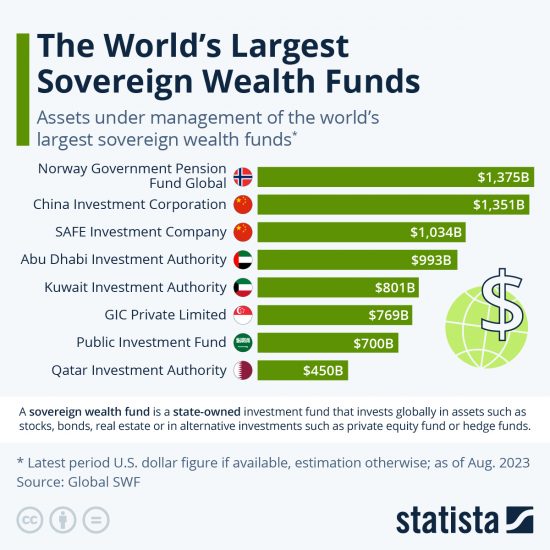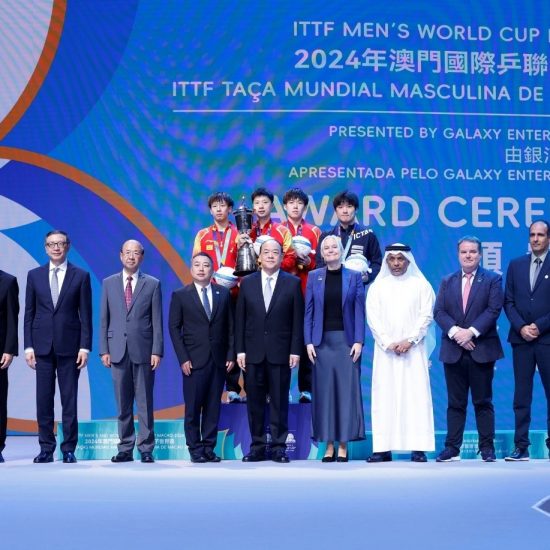The price of gold surged on Monday, fueled by rising tensions in the Middle East. Investors, ever wary of geopolitical uncertainty, flocked to the traditional safe-haven asset, pushing prices to their highest point in months.
The recent flare-up in violence between Iran and Israel has stoked fears of a wider regional conflict. Last weekend, Iran launched a series of attacks on Israeli targets in retaliation for a suspected Israeli airstrike on an Iranian nuclear facility. The potential for a tit-for-tat escalation has unnerved investors, prompting them to seek refuge in gold.
Analysts predict that gold prices could continue their upward trajectory in the coming days. “Spot gold is likely to hold its gains and trade with a positive bias amid safe-haven buying,” said a note from brokerage firm ICICI Direct. “Escalating tension in the Middle East… stoked fears of a wider regional conflict,” the note continued.
The current price surge comes on the back of a strong year for gold. Since mid-February, gold prices have rallied by over 17%, reaching new highs. In India, for example, the price of 10 grams of gold has jumped from ₹58,000 in October 2023 to ₹74,555 this month. This upward trend reflects a broader investor sentiment that favors gold during times of market volatility and geopolitical instability.
Gold’s appeal as a safe-haven asset stems from its perceived stability and longevity. Unlike stocks or bonds, which can be subject to wild fluctuations, gold’s value tends to hold relatively steady over time. This makes it an attractive option for investors seeking to preserve their wealth during periods of economic or political uncertainty.
The recent rise in gold prices is not solely driven by Middle Eastern tensions. Other factors, such as rising inflation and interest rate hikes, are also contributing to the bullish sentiment. Inflation erodes the purchasing power of currencies, making gold a more attractive store of value. Similarly, interest rate hikes can make gold more competitive compared to other interest-bearing assets like bonds.
However, some analysts caution against viewing the current gold price surge as a one-way street. They point out that the geopolitical situation in the Middle East remains fluid, and any de-escalation could lead to a correction in gold prices. Additionally, the long-term trajectory of gold prices will depend on the broader economic outlook, particularly the direction of inflation and interest rates.
Despite the uncertainty surrounding the future path of gold prices, one thing is clear: geopolitical tensions are playing a significant role in the current market dynamics. As the situation in the Middle East unfolds, investors will be closely watching for any developments that could further impact the price of gold.
____________________________________
This article first appeared on The WIRE and is brought to you by Hyphen Digital Network
(The content powered by our AI models is produced through sophisticated algorithms, and while we strive for accuracy, it may occasionally contain a few minor issues. We appreciate your understanding that AI-generated content is an evolving technology, and we encourage users to provide feedback if any discrepancies are identified. As this feature is currently in beta testing, your insights play a crucial role in enhancing the overall quality and reliability of our service. We thank you for your collaboration and understanding as we work towards delivering an increasingly refined and accurate user experience.)







